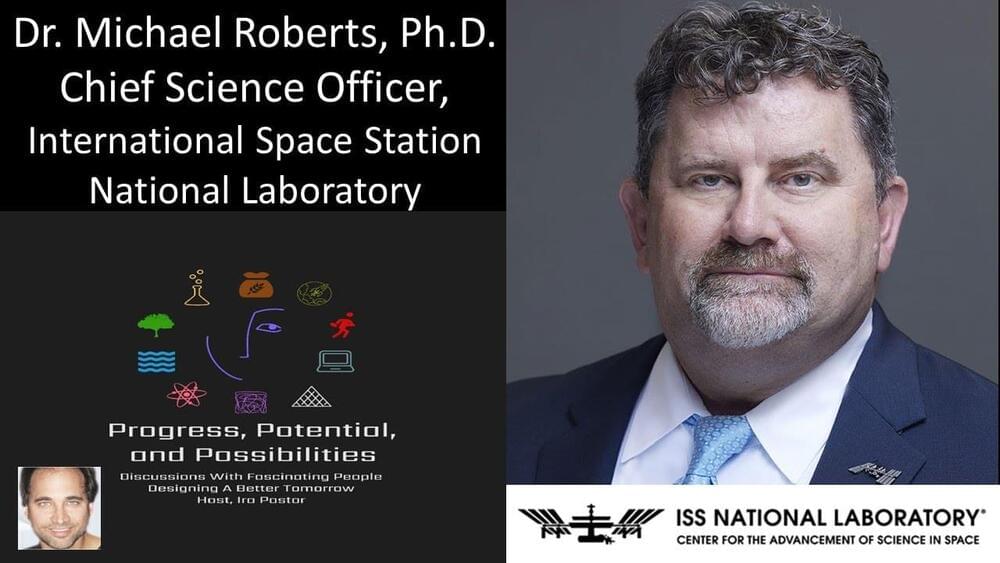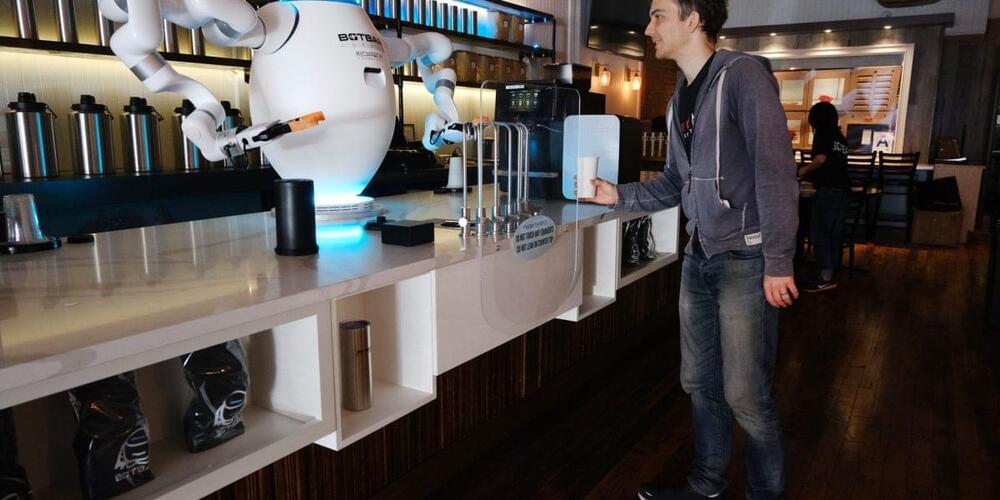Jul 26, 2023
PROPAGANDA — They Showed This To High School Kids In 1948! Would They Allow This Today?
Posted by Ken Otwell in categories: education, government
Every citizen should watch this. It’s brilliant.
This film was made to sell to high school media departments who purchased it to show to their juniors and seniors. Students in public high schools were being exposed to the concept of propaganda, especially given the context of World War II and the early Cold War. At this time there was an emphasis on educating citizens, including school children, about the role of propaganda. Would anyone make a film like this to run in schools involving media fake media or not?


















